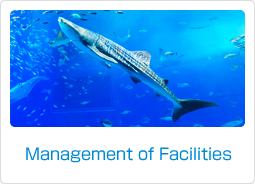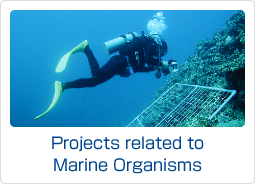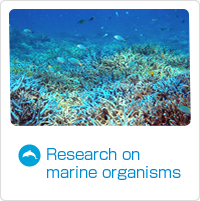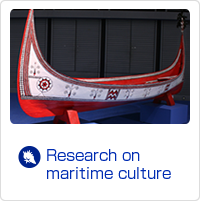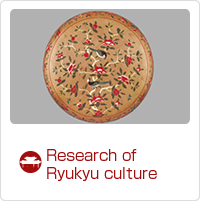- Home
- Okinawa Churashima Foundation Research Institute
- Studies of Marine Animals
- Research activity report
- Scientific paper published on ecological study of wild whale sharks

Research on marine organisms
Scientific paper published on ecological study of wild whale sharks
The Galapagos Marine Reserve is the only known place in the world that mature female whale sharks migrate to. Most of these females are believed to be pregnant. Okinawa Churashima Foundation has collaborated with the Galapagos Whale Shark Project (Ecuador), Universidad San Francisco de Quito USFQ (Ecuador), Galápagos National Park (Ecuador), Georgia Aquarium (USA), Galapagos Conservation Trust (UK) and Marine Megafauna Foundation (USA), in conducting field research to shed light on the reproduction ecology of whale sharks. The methods developed by Okinawa Churaumi Aquarium to monitor the health of our captive large elasmobranchs, such as conducting underwater ultrasonography and blood sampling were used to study wild whale sharks in the ocean. As a result, for the first time in the world, researchers detected ovarian follicles (egg precursors) with diameters from 28.5mm to 83.6mm in two whale sharks. The hormone levels in the blood of six whale sharks were also monitored and these results were published in the academic paper. The research techniques established in this study will help shed light on the reproduction ecology of endangered marine mammals.
Okinawa Churashima Foundation will continue to work with research institutions around the world to further expand our knowledge of this species through breeding and research.
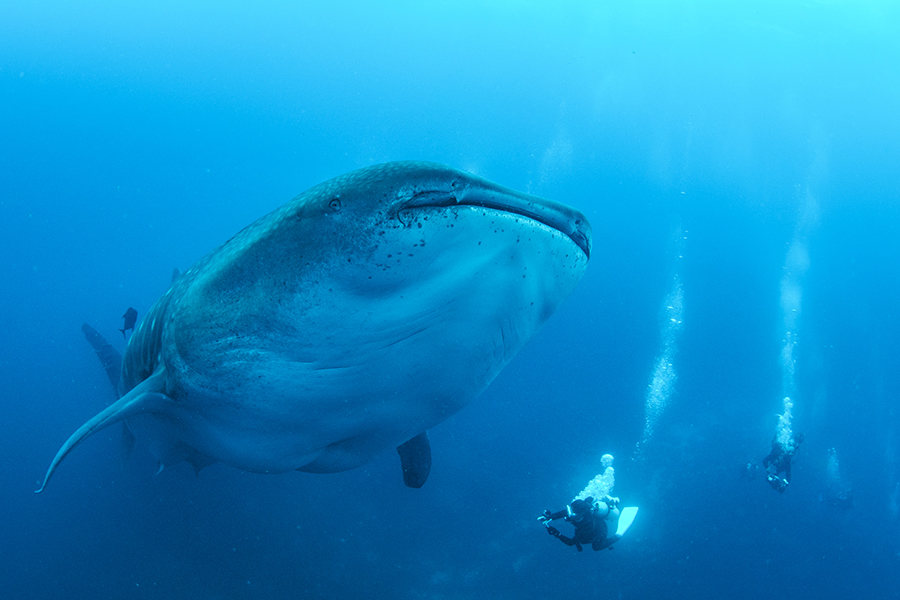
Title of paper
Underwater ultrasonography and blood sampling provide the first observations of reproductive biology in free-swimming whale sharks
Author
Rui Matsumoto, Kiyomi Murakumo, Ryo Nozu, David Acuña-Marrero, Jonathan R. Green, Simon J. Pierce, Christoph A. Rohner, Harry Reyes, Sofia M. Green, Alistair D. M. Dove, Maria L. Torres, Alex R. Hearn (太字:財団職員)
Name of the journal
Endangered Species Research
Link to the article
Copyright (c) 2015 Okinawa Churashima Foundation. All right reserved.













